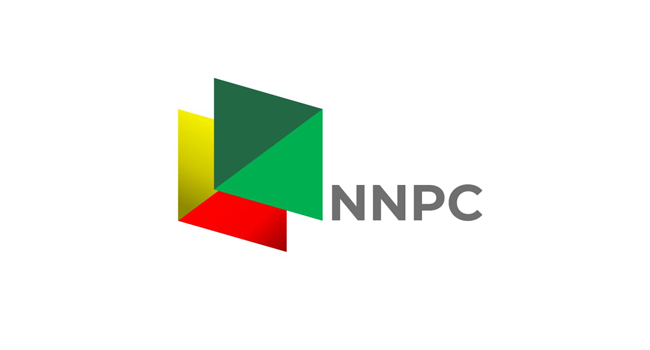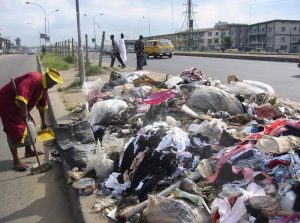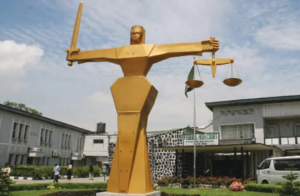
The Nigerian National Petroleum Company Limited (NNPCL) has acknowledged that a significant debt owed to petrol suppliers, amounting to $6 billion, is exacerbating the ongoing petrol scarcity in Nigeria.
This admission comes amid widespread fuel shortages that have persisted since the beginning of 2024, with previous explanations from NNPCL blaming logistical challenges, flooding, and other factors.
NNPCL spokesperson Olufemi Soneye confirmed on Sunday that the debt has created “considerable pressure” on the company, posing a risk to the sustainability of fuel supply. He stated, “NNPC Ltd remains dedicated to its role as the supplier of last resort, ensuring national energy security, in line with the Petroleum Industry Act (PIA).” He also mentioned that the NNPCL is collaborating with government agencies and stakeholders to stabilize fuel supply.
Nigeria, heavily dependent on imported refined petroleum products due to its non-operational state-owned refineries, has seen petrol prices tripling since the removal of the subsidy in May 2023, from around ₦200 per litre to about ₦800 per litre. The situation is further compounded by a decline in the naira’s value, skyrocketing inflation, and increased prices for basic commodities.
The Independent Petroleum Marketers Association of Nigeria (IPMAN) revealed that the current landing cost of petrol makes it challenging for marketers to import fuel, highlighting that the NNPCL sells petrol to marketers at ₦565 per litre, while the actual landing cost is over ₦1,200 per litre. This has led to a hidden subsidy of around ₦600 to ₦700, despite government claims to the contrary.
Meanwhile, Aliko Dangote’s $20 billion refinery in Lagos, which began operations in December 2023, is expected to reach its full capacity of 650,000 barrels per day by the end of the year, with petrol supply set to commence soon.








